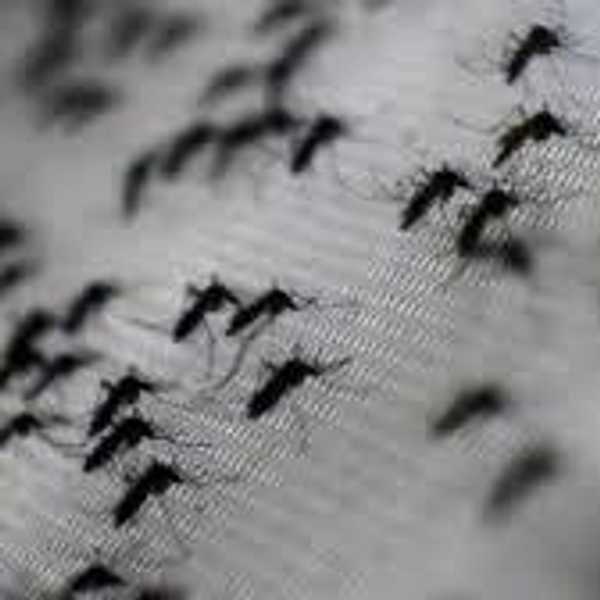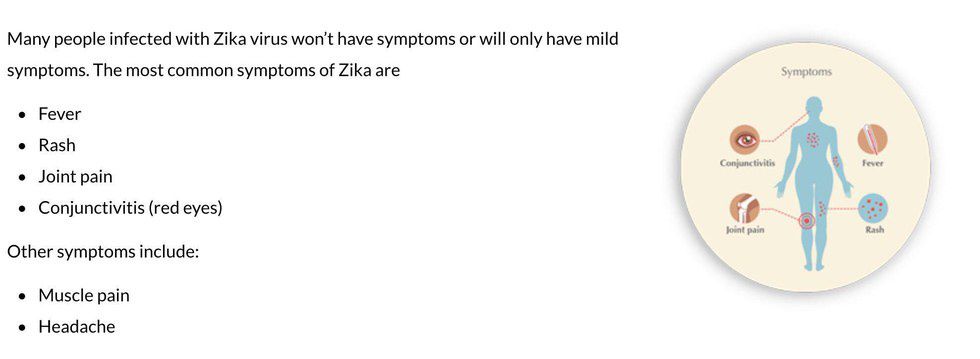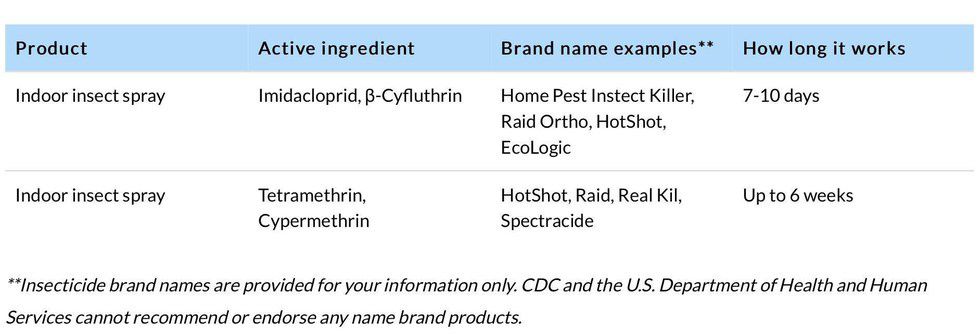There as been a lot of talk about this virus, especially now since there have been cases reported in Florida. But what is all of the paranoia about?
Of course there are a ton of articles from credible sources that explain the information, but, here it is again, with links.
What better way to distract from the fact that the US Senate bill to allocate 1.1 billion to researching and fighting the disease has metaphorically, died. The Democrats blocked the bill because they believed that it had other implications than just funding the research, such as restricting the role of Planned Parenthood.
Mosquitoes that can carry the virus are found worldwide, and the specific species' responsible (Aedes) are active during the daytime and nighttime.
If someone infected gets bitten by a mosquito, that mosquito then can spread the virus to others when it bites. Symptoms of Zika usually occur two to seven days after the bite happens.
Zika can be passed through sexual intercourse if one partner has the virus. A recent study has shown that the virus can stay in semen for six months, breaking the previous time of 93 days. This ultimately means that all of the virus' capabilities are still not certain, and more research needs to be completed. If Zika can persist in the body for longer than expected, it could lead to birth defects and the spread of infection long after the bite occurred. If symptoms appear, a doctor's visit is strongly advised.
Presence of the virus can be confirmed through a blood or urine test. Often the symptoms are mild or none will appear at all. The virus stays in the blood for about a week, and after it disappears, the person who was infected will most likely be protected from more Zika infections.
The most important effect of the Zika virus is that it has been found linked to microcephaly, other severe brain defects in fetuses, and even miscarriages. It is passed to the fetus from the mother.
As of right now, there is no vaccine. The treatments suggested are those aimed at relieving the symptoms caused by the disease.
However, there are measures that can be taken to lower the chances of getting Zika.
Using mosquito repellent/bug spray, mosquito netting for beds, screens for windows and doors, and consistently check for and empty any standing water are just some of the ways to keep mosquitoes away. The CDC recommends using mosquito repellent that is Environmental Protection Agency certified because those ones were specifically tested and proven to be safe and effective.
It is also important to empty all water found in buckets, birdbaths, etc. is important because mosquitoes lay eggs near water.
Having protected sexual intercourse is also important for people living in areas where Zika has been reported, or, for people who have visited those affected areas recently. Even though symptoms might not appear, the disease can still be transmitted.
Zika is nothing for most people to be incredibly concerned about. And if the paranoia still persists in humans who are not pregnant or are not planing on having a child in the near future, then maybe those worried people should be telling legislators to pass a bill, instead of just freaking out about it.























